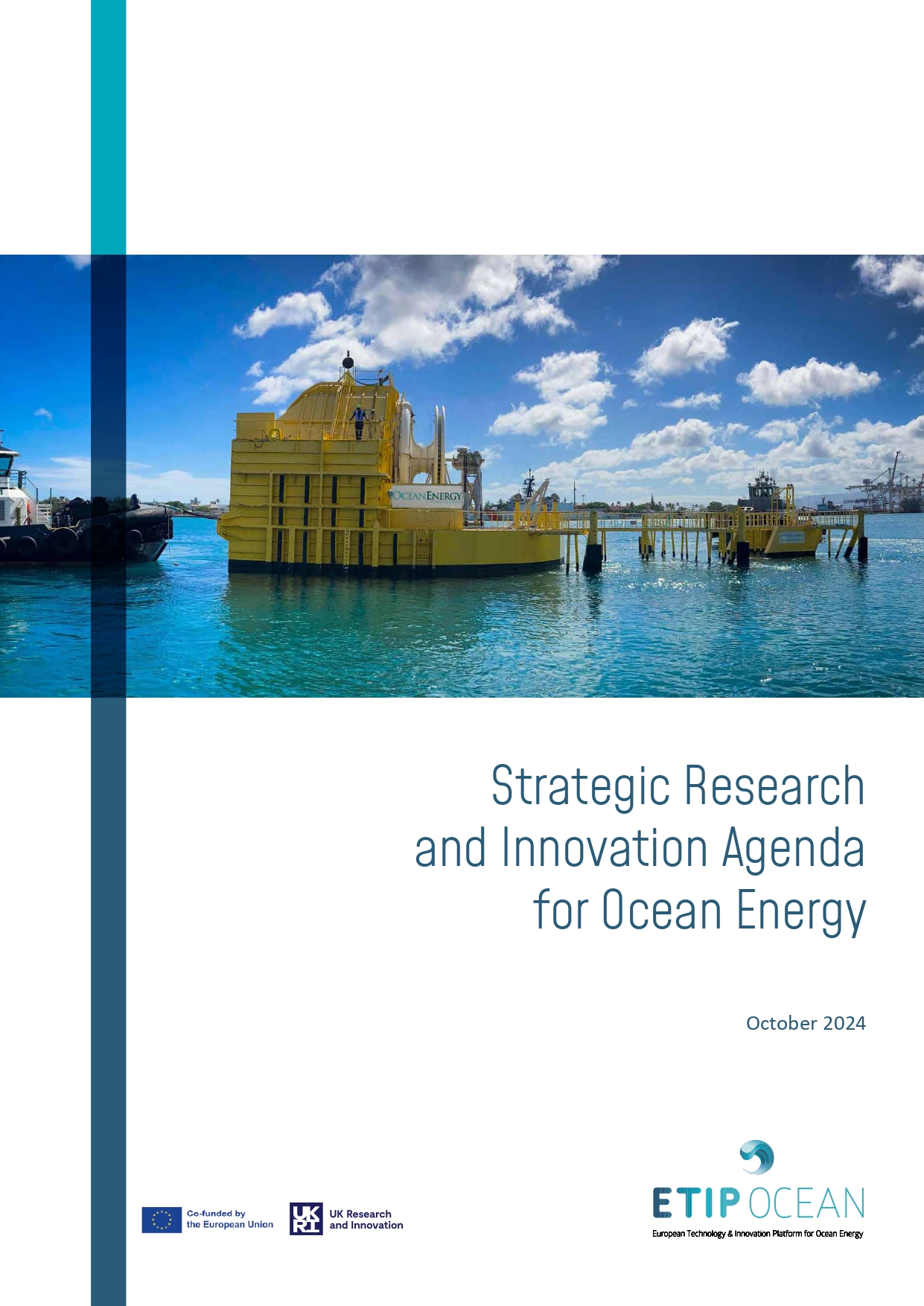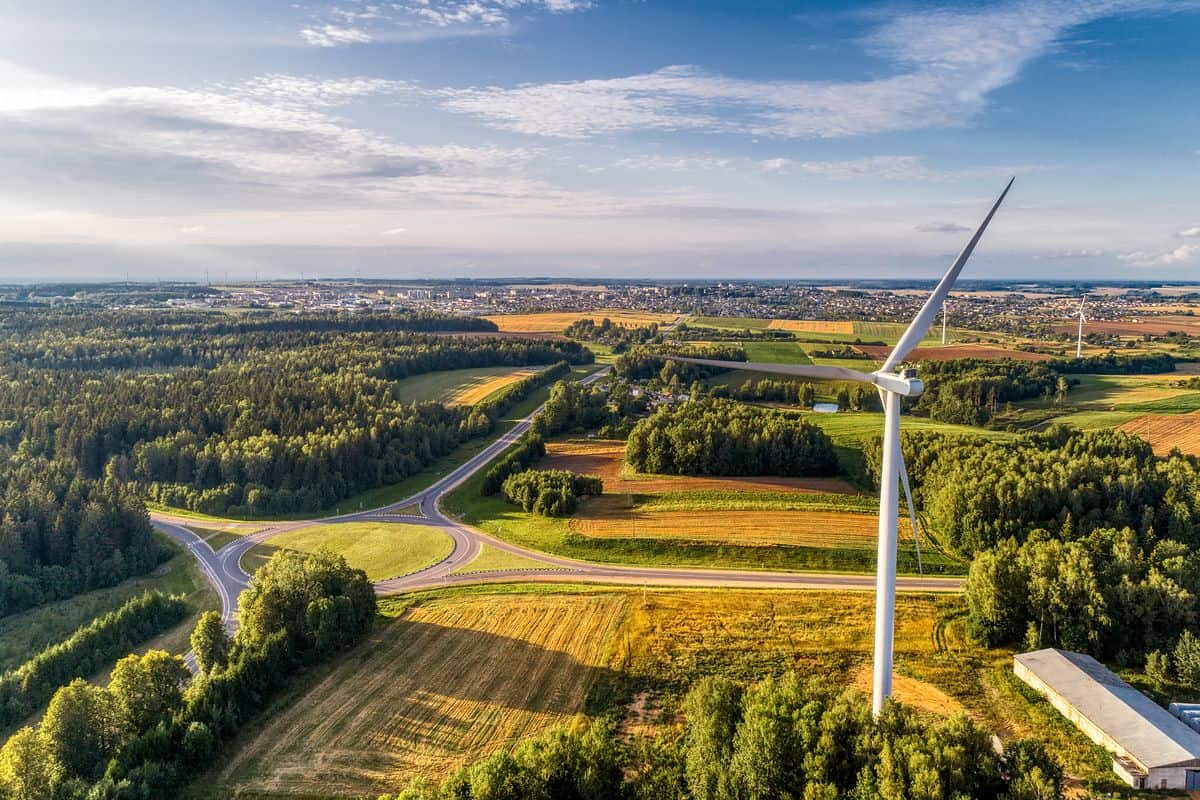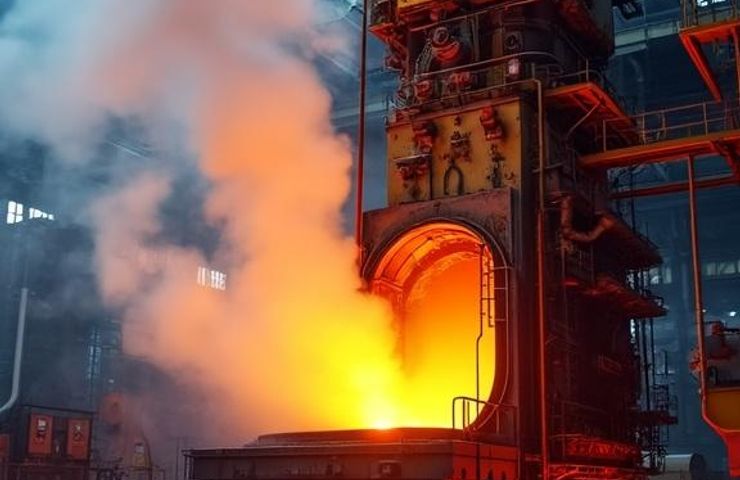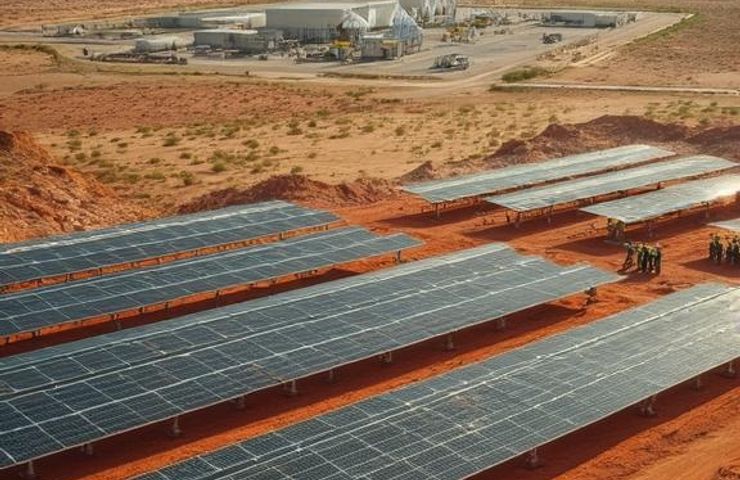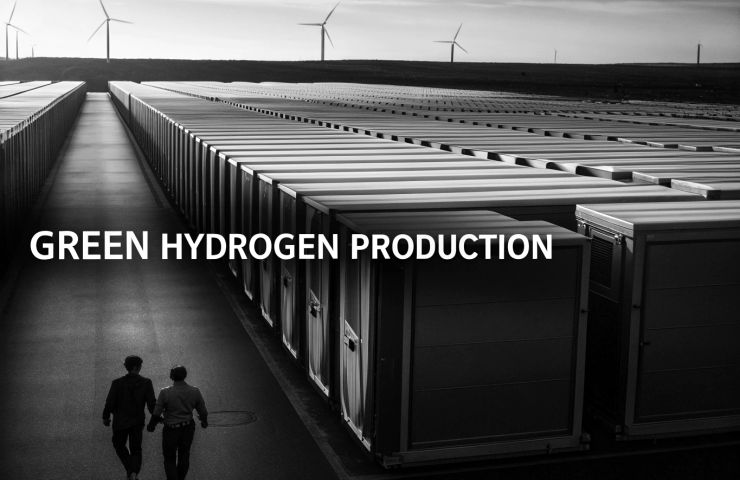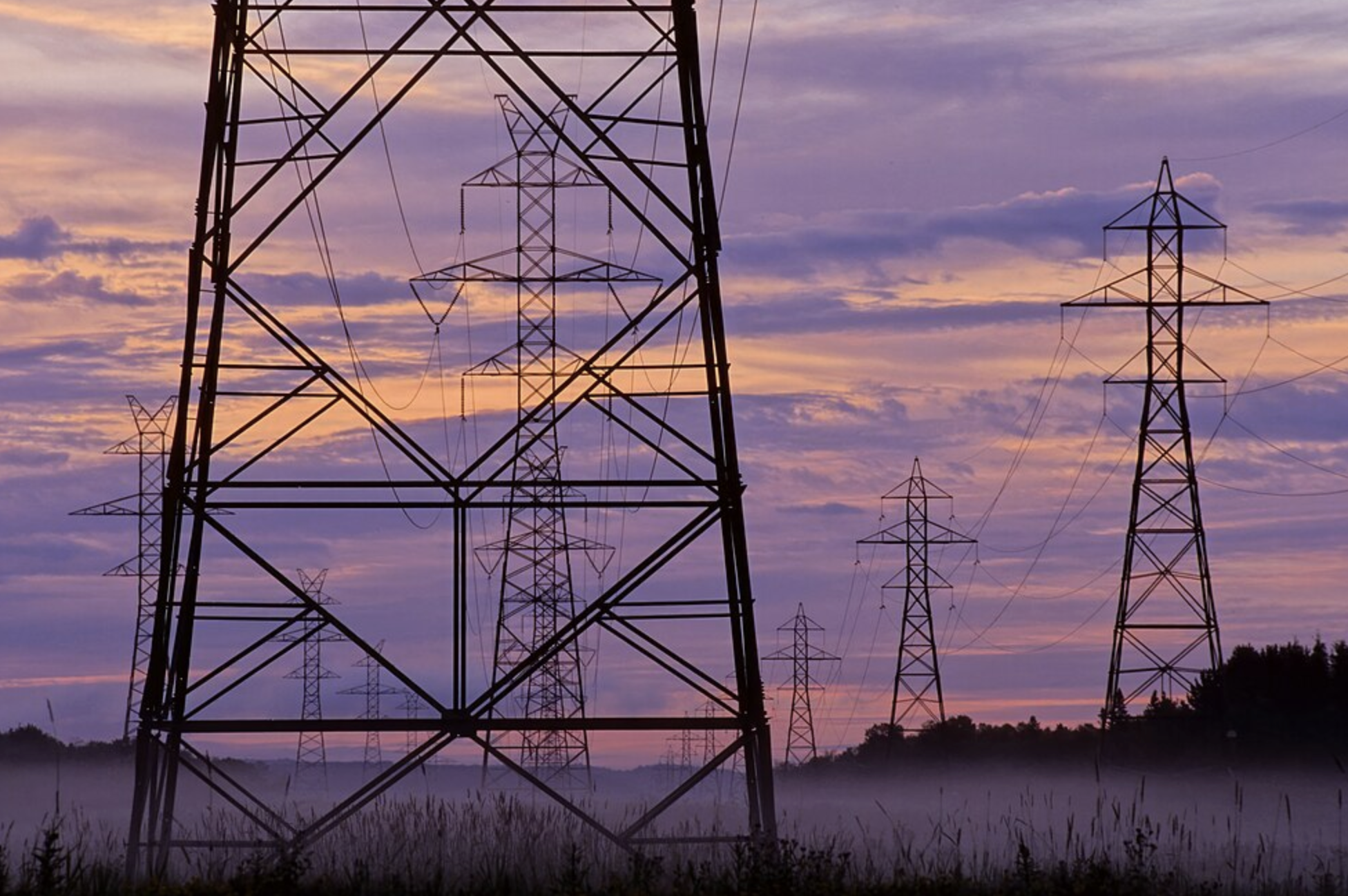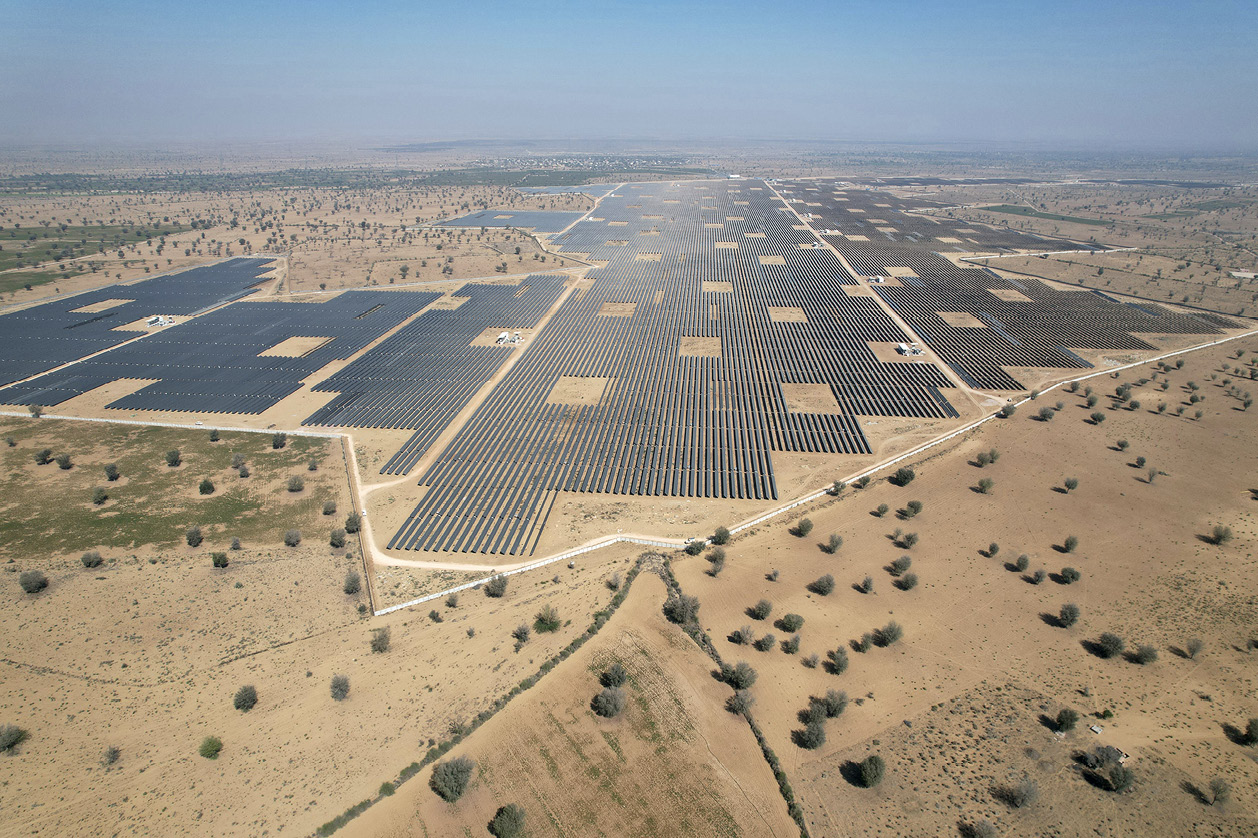Solar to add 13 GW in Brazil in 2025 amid signs of slowdown
Brazil is expected to add 13 GW of solar capacity in 2025, according to the Brazilian Photovoltaic Solar Energy Association (Absolar), but growth appears to be slowing as curtailment, grid constraints, and regulatory uncertainty challenge new projects.

Brazil is expected to add 13 GW of solar capacity in 2025, according to the Brazilian Photovoltaic Solar Energy Association (Absolar), but growth appears to be slowing as curtailment, grid constraints, and regulatory uncertainty challenge new projects.
From pv magazine Brazil
Brazil is expected to add 13.2 GW of solar capacity in 2025, but the market is showing early signs of slowing as new large-scale projects face delays and distributed generation encounters connection barriers.
The Brazilian solar sector, while still a global leader as the sixth largest in cumulative capacity and fourth largest in new connections in 2024, is now focusing on enabling new demand growth and transmission infrastructure to absorb new plants, as well as developing a domestic storage market.
Brazil is projected to end 2025 with 67.1 GW of cumulative solar capacity, up from 53.9 GW at the end of 2024, according to projections presented by Absolar at the opening of The smarter E South America this week in São Paulo, Brazil. The event combines the Intersolar, EES, Power2Drive, and Eletrotec EMPower trade fairs.
Distributed solar generation is expected to total 45.278 GW by the end of this year, while centralized generation could hit 21.880 GW, according to Absolar. The trade group’s forecast points to slower growth than 2024, when the sector added 15.7 GW. Distributed generation is expected to contribute 8.5 GW in 2025, from 10 GW installed in 2024, while centralized generation will connect 4.6 GW, down from 5.7 GW last year.
Regulatory risks
“Brazil is one of the largest global markets for solar energy, attracting players from India, Turkey, and of course China,” said Rodrigo Sauaia, Absolar’s chief executive, during the event opening. He called for the country to establish policies to maintain its global leadership. “This year is special with COP 30 held in Belém (PA) and the expectation that countries update their emission reduction targets. Brazil currently claims to be a renewable leader, but if no action is taken, it risks being overtaken by nations that have already set targets to be 100% renewable.”
Sauaia noted ongoing efforts to remove subsidies and discounts for solar power while fossil fuels continue to receive support. He cited a 2023 Inesc study showing that fossil fuels receive 4.5 times more government benefits than renewables through reductions, exemptions, and programs.
“While new renewable energy concessions no longer get TUSD [Tarifa de Uso do Sistema de Distribuição] and TUST [Tarifa de Uso do Sistema de Transmissão] discounts, fossil sources continue to receive support. We have already paved the way for reducing incentives that other sources lack,” he said.
Several provisional measures (MPs) are moving through the Brazilian National Congress, which could either advance or hinder the sector:
-
MP 1.300 addresses liberalization of the free market and tariff changes, including adjustments to discounts for centralized plants already in operation.
-
MP 1.304 modifies provisions related to the Energy Development Account, requiring agents receiving incentives to contribute payments.
-
MP 1.307 mandates that industries in Export Processing Zones (ZPEs) be supplied solely by renewables, though there is pressure to include nuclear and thermal sources.
Although these MPs pose challenges, they may also create opportunities for key issues, such as national storage regulation, said Sauaia.
Energy storage
Generation curtailments remain a major challenge for Brazil’s renewable sector. In 2025, an estimated 15% to 20% of solar and wind generation will be curtailed, with only 5% compensated. This leaves financial liabilities for developers, causing losses and delaying new investments. Solar generators alone are projected to face losses of BRL 1.7 billion ($313.3 million).
Battery storage is emerging as a strategic solution. Its deployment in the Brazilian Electrical System (SEB) is expected to be based on technical merits such as flexibility, modularity, and ancillary services rather than subsidies.
Studies by ABSAE and Aurora show batteries are competitive for capacity reserve services, with some commercial applications achieving payback in as little as five years.
Brazil currently has about 800 MWh of installed battery capacity, half in rural electrification systems. Growth is expected in both off-grid systems and grid-connected projects serving the power system, residential, and commercial consumers. ABSAE recommends contracting at least 2 GWh in future auctions, but the absence of clear regulatory guidance limits expansion. “We do not yet have a framework for generators to invest in storage,” said Markus Vlasits, the association’s president.
Regulatory debates involve revenue stacking, classification of service providers as consumers, and risks of double charges under TUST. A regulatory framework is expected to provide certainty for the first storage auction.
In the Amazon region, integrating solar with batteries is seen as critical for reducing emissions from isolated systems and ensuring social inclusion in remote communities.
Mobility and infrastructure
Brazil’s energy transition extends beyond generation. Electric mobility is a strategic focus, encompassing infrastructure, installation quality, and network connection.
“Efficient electrical installations are essential to use every watt generated,” said João Gilberto Cunha of Eletrotec Mpower. The transition depends on well-prepared, intelligent grids.
Ronaldo Koloszuk of Absolar noted that although 2025 is a difficult year for solar with combined solar and wind losses of $5 billion, major challenges are being addressed, and in the medium to long term, the sector will benefit from batteries and e-mobility.
What's Your Reaction?














